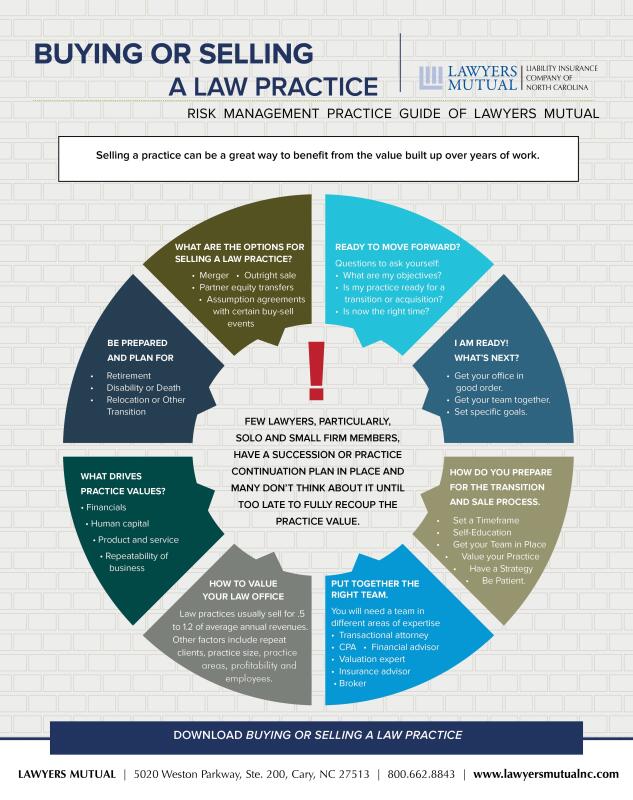What To Anticipate: The Timeline Of A Typical Separation Instance
What To Anticipate: The Timeline Of A Typical Separation Instance
Blog Article
Web Content By-Prater Hedegaard
As you embark on the trip of navigating a separation instance, you may find yourself wondering about the timeline that lies ahead. From the initial phases of submitting files to the intricacies of negotiation and the potential for a trial, each step holds its own collection of obstacles and uncertainties. Comprehending the series of events can aid you plan for what's to come and prepare for the weaves that may arise in the process.
Initial Declaring and Service of Records
When starting the separation process, the first step is the preliminary filing of the required papers with the court. This action officially begins the lawful treatment and sets the separation instance moving. You have to submit types that describe the premises for divorce, assets, responsibilities, earnings, costs, and any other relevant details called for by the court.
After filing these documents, duplicates need to be served to your spouse, educating them of the separation process. family law attorney marietta ohio can be done through a process-server, sheriff's office, or licensed mail, ensuring that your partner is formally notified of the separation case versus them.
Once the files are submitted and served, the court will certainly give a situation number and appoint a court to oversee the instance. It's essential to accurately finish and submit these papers, as any mistakes or noninclusions can postpone the divorce procedure.
This initial step lays the structure for the legal dissolution of your marriage, marking the beginning of a possibly tough but essential process.
Exploration and Arrangement Phase
During the Exploration and Negotiation Phase of a separation instance, both parties engage in gathering information and exchanging relevant papers to much better comprehend each other's monetary scenarios and various other essential details. This phase is vital as it sets the foundation for settlements and possible settlement arrangements. Via approaches such as interrogatories, ask for manufacturing of records, and depositions, each event intends to reveal truths, possessions, financial obligations, and other vital information that might affect the instance's outcome.
Settlements during this phase usually include discussions on numerous problems like building division, youngster protection, visitation schedules, and financial backing. Both parties may work with their lawyers to check out settlement options, possibly staying clear of the requirement for a trial.
Arbitration or collective regulation processes might additionally be utilized to help with efficient discussions and get to mutually appropriate arrangements. It's necessary to approach this phase with transparency, sincerity, and a determination to jeopardize to accomplish a smoother resolution and lessen the emotional and monetary toll of a lengthy court fight.
Trial and Last Resolution
Moving forward from the Discovery and Negotiation Stage, the Trial and Final Resolution stage notes the culmination of your divorce case. This stage is where unresolved concerns are brought before a court to make final decisions on issues like asset division, youngster wardship, and support. The test normally involves providing evidence, witness testaments, and lawful disagreements to support your instance.
Throughout the trial, both events will have the chance to offer their settings and counterarguments. It's crucial to be prepared, as the judge's choice will considerably affect the last result of your divorce.
Complying with the trial, the judge will certainly issue a last judgment that describes the terms of the divorce, consisting of any type of financial negotiations and custodianship arrangements.
When the judgment is released, the separation is completed, and both events are legitimately bound by its terms. While the trial stage can be demanding and emotional, it's a required step in the direction of getting to a last resolution and progressing with your life post-divorce.
Final thought
To conclude, navigating a separation situation involves a series of actions from submitting first records to getting to a final resolution. Recognizing the timeline of occasions can aid you prepare for what to expect throughout the procedure. By being marietta lawyers , looking for legal advice, and staying notified, you can navigate the complexities of separation process with confidence and clarity.
